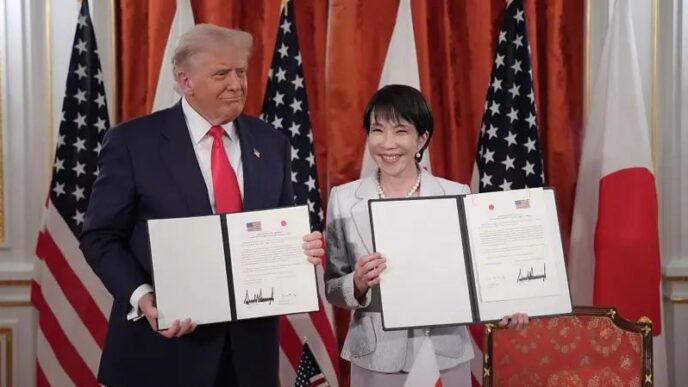When it comes to the Ig Nobel Prizes—the satirical yet highly respected global awards that honor unusual or quirky scientific achievements—Japan has emerged as one of the most consistent and celebrated contributors. Over the years, Japanese researchers have demonstrated not only their intellectual curiosity but also their fearless pursuit of questions that others might overlook, often leading to discoveries that are both humorous and thought-provoking.
A Long Legacy of Curiosity
Since the early 1990s, Japanese scientists and innovators have been recognized time and again at the Ig Nobel Prizes. Beginning with F. Kanda’s award in Medicine in 1992, Japan has steadily built a reputation as a country unafraid to blend creativity with science. From biology and chemistry to peace and engineering, Japanese winners have spanned nearly every field represented at the awards.
For example:
- In 1995, psychologist Shigeru Watanabe won recognition for exploring how pigeons can distinguish between different artistic styles of paintings.
- In 1999, Takeshi Makino received the Chemistry prize, reflecting Japan’s strong tradition of experimental sciences.
- In 2002, Keita Sato was awarded the Peace Prize, showing how Japan’s contributions often go beyond hard sciences and touch human and cultural dimensions.
- In more recent years, prizes have highlighted Japan’s innovation in medical education, nutrition, and engineering, areas deeply relevant to society today.
Why Japan Excels in the Ig Nobel Arena
Japan’s dominance in these unconventional awards is no accident. It reflects a unique cultural attitude toward learning and innovation:
- Curiosity without boundaries – Japanese researchers often embrace questions that might seem eccentric, pushing beyond conventional limits.
- Interdisciplinary thinking – Many Ig Nobel-winning studies from Japan connect science with art, psychology, or daily life, reflecting a holistic way of understanding the world.
- Societal humor and humility – Unlike some cultures that shy away from lighthearted science, Japan values the balance between seriousness and humor, making the Ig Nobel stage a natural fit.
Recent Recognitions
The most recent awards continue this tradition. In 2024, Takanori Takebe received the Physiology prize, while in 2025, Tomoki Kojima was recognized in Biology. These awards highlight that even after three decades, Japan remains at the forefront of unusual yet impactful scientific curiosity.
Beyond the Humor
While the Ig Nobel Prizes are often celebrated for their humor, they carry a deeper message: science is not just about grand theories but also about asking questions that make us think differently. Japan’s record demonstrates how embracing curiosity, however unconventional, can lead to global recognition.
Conclusion
Japan’s extraordinary track record at the Ig Nobel Prizes shows the world that serious science and lighthearted exploration can go hand in hand. From medicine to physics, from peace to psychology, Japanese researchers have turned curiosity into recognition and have inspired the global scientific community to celebrate the joy of discovery.
In many ways, Japan’s success at the Ig Nobel Prizes is not just about winning awards—it is about reminding the world that innovation often begins with a smile and a simple, unusual question.

















